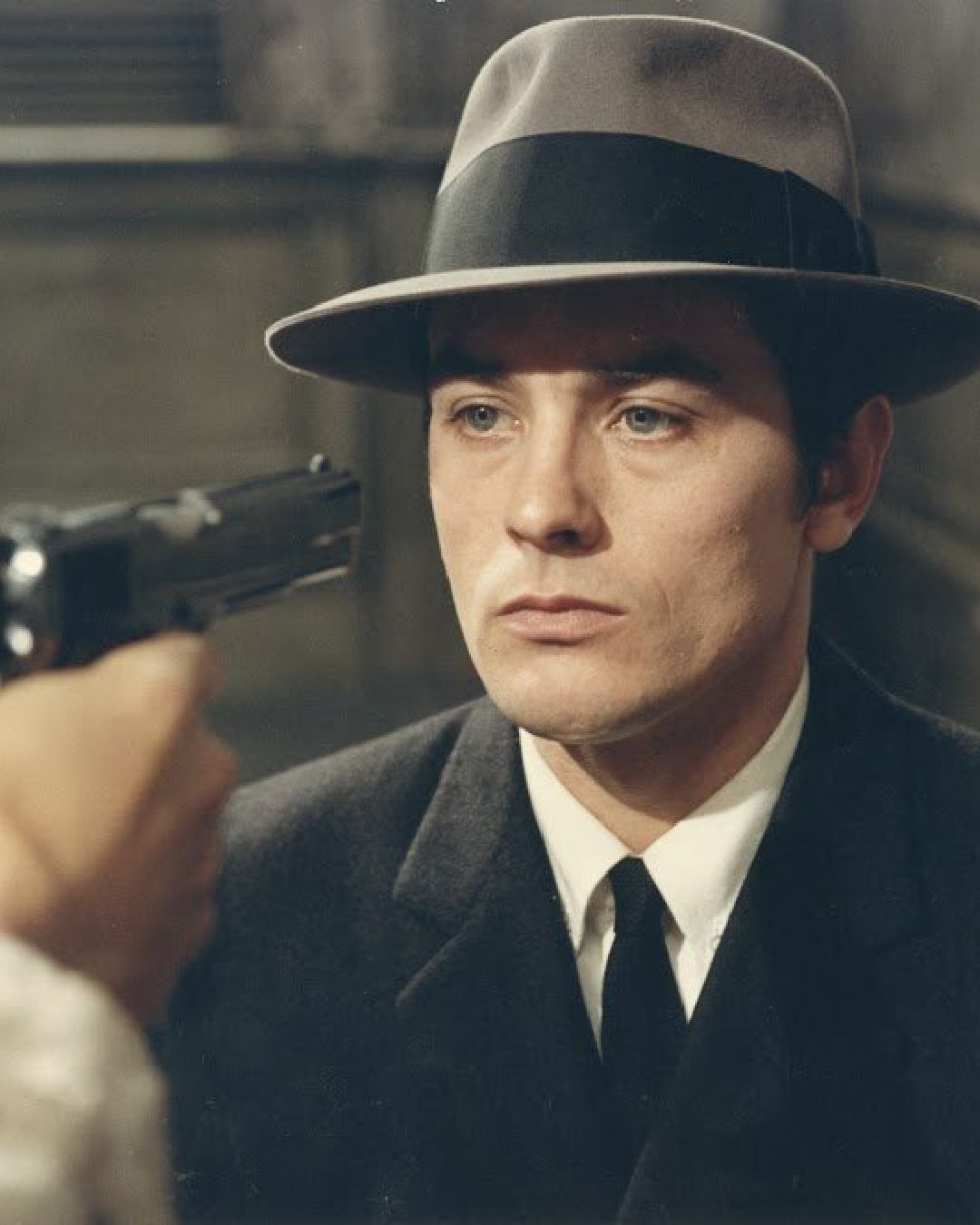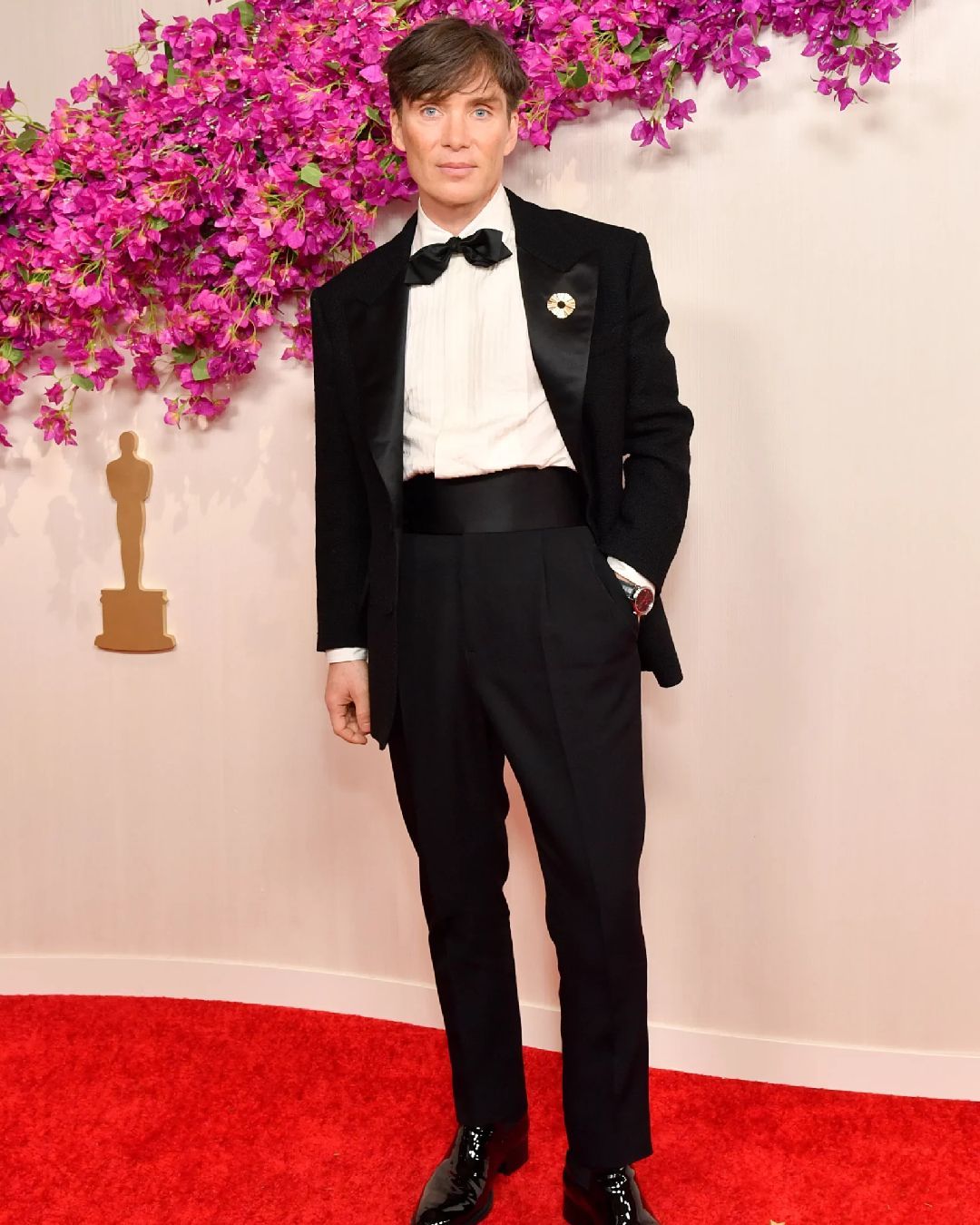
It's time for the Italian rap to take a stand Ghali's statements highlight the problem of an overly passive scene
The death of Willy Monteiro Duarte, the 21-year-old murdered on the night between 5 and 6 September 2020 in Colleferro, uncovered a Pandora's box of the Italian rap scene that had remained closed for too long. Through a series of Instagram Stories Ghali wanted to condemn the senseless silence of many of his colleagues, who in the hours and days following the news story preferred not to express themselves on what happened instead of talking and taking a clear position on the facts.
The silence of the rap scene weighs on for two reasons, largely closely linked to each other. In recent years, rap has become a genre with a very young target audience, often transforming itself into a model of life followed and interpreted by a segment of the public all too susceptible to references and stories made of machismo and violence, examples that can easily be labeled as fictitious or fantasy which, however, probably not all the public manages to separate from reality, often transforming rhymes and bars into a sort of life Bible to be followed slavishly.
Themes that are largely intertwined with the backgrounds of those who sing them, bringing out what according to Ghali is the real cause of the silence of many of his colleagues. The "insiders and security with fascist tattoos" cited by the singer of Good Times are probably just the tip of the iceberg of a world where the faces of the White brothers are all too common, part of a mechanism that sees only one in rap. trivial pastime. It is obvious that Ghali's appeal does not refer to the entire Italian scene, as evidenced by the intervention of Noyz Narcos and those who preferred to speak only after the initial appeal. However, there was a deafening silence around the story, the same silence of politics (which finds in Fedez an absurd scapegoat) that we are committed to criticizing and that we must expect to see broken for the musical genre that like no other acts as a megaphone and reference to the Italian Gen Z.
The proof of Ghali's thesis is largely hidden in the past of the rapper himself, not new to such speeches and who only a few months ago ended up at the center of an attack by some "fans". Blame? An outfit with a pink coat and boots with heels. At the time the singer addressed the fans saying "I'm ashamed to have you among the people following me", when in all probability those who had commented on that outfit by writing "gay" see Ghali only as a name to be placed next to the title of a song. The rapper and rap have been emptied of their historically relevant social and political weight, which today prevents an artist from taking a position against a Minister without having to feel wrong, as if his role was now only that of entertainer of the people. The same people who prefer those artists who post the now famous square for Black Lives Matter but pretend nothing in front of Willy's death, because the promo comes before the social. Culture is lacking, a culture that can only come from those who are silent at this moment, from a unanimity of voices and not from the monologue of Noyz, Fedez or Ghali, who in the past had been forced to take a discount against one of those colleagues who now does not speak.
As already mentioned on these pages regarding the controversy between Gué Pequeno and Ghali a few months ago, the American rap scene has for years embraced that change towards a new masculinity led by names like Pharrell or A$AP Rocky, breaking free from that imaginary from the 90s scene made up of thugh life and stereotypes by now outdated and ridiculous. But we are still here, waiting for someone to understand that perhaps the time has come to change something.














































